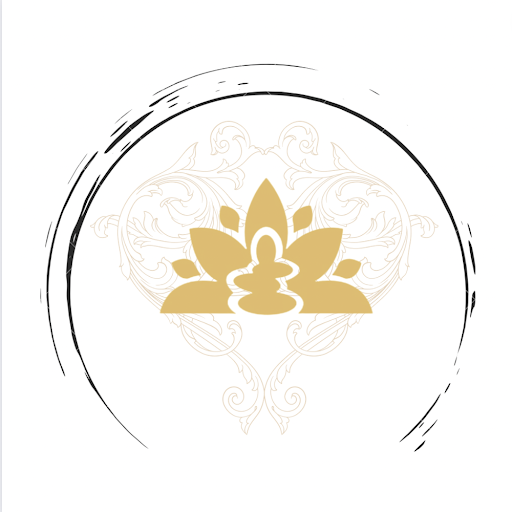Today marks the anniversary of the death (1212) of Honen Shonin, the founder of Jōdo-shū (Mahāyāna-Jōdo-shū). Honen Bo Genku (1133-1212 CE) entered monastic life at age 13 in the Tendai Buddhist tradition. Then, at age 43, after inspiration from the Pure Land teachings of the Chinese Master Shan-tao, Honen founded Jōdo-shū in Japan in 1175, which centered around the ritual of nembutsu. He was the first to instate nembutsu as a primary Japanese Buddhist practice.
Nembetsu is the repetition of the phrase “Namu Amida Butsu,” which is translated as “I take refuge in Amida Buddha.” Honen emphasized that only through the help of Amida Buddha could anyone achieve buddhahood, and he taught that everyone who recited the name with complete trust and sincerity would be reborn in the Pure Land. He offered this form of Buddhism in Japan which was accessible to anyone, no matter their social standing.
Gyoki-e, a memorial service usually reserved for the deaths of an emperor or empress, takes place every year to recall the virtue of Honen Shonin. The Office of Spiritual and Religious life acknowledges Honen’s virtue and we wish peace to all who are honoring him today.
Sources:
“Honen Memorial Day,” Mythic Maps. 2002.
“Major Annual Ceremonies.” Jodo Shu: Honen Buddhism. Jodo Shu. 2008.

